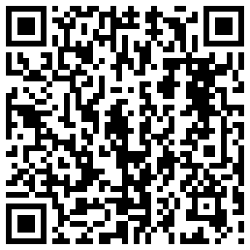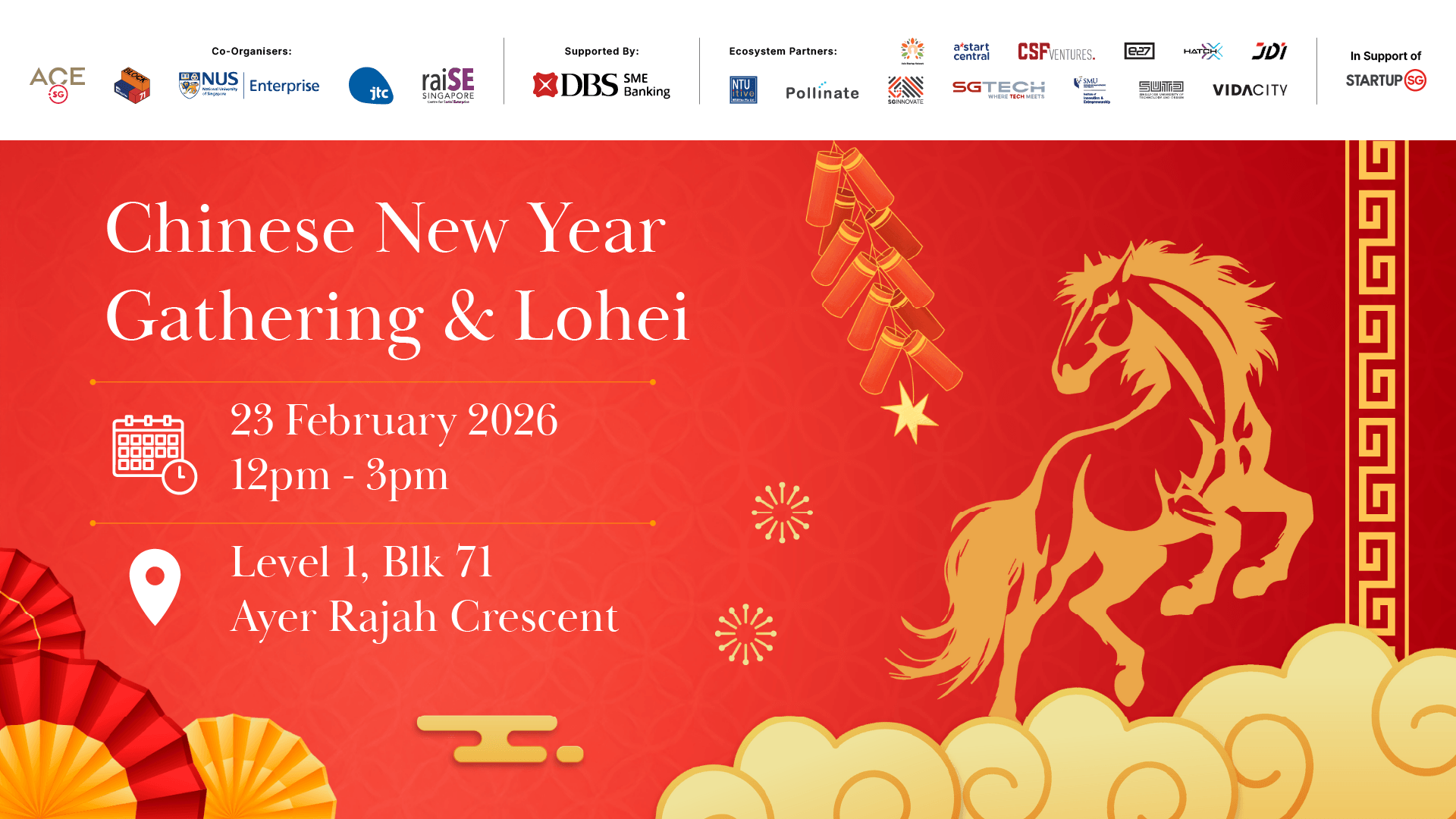Overview
In today’s fast-changing business and trade landscape, regulators across the globe are stepping up enforcement of export controls, sanctions, and customs compliance requirements. For businesses, the risks of non-compliance are significant — from loss of business, hefty fines and shipment delays to reputational damage and even loss of export privileges.
A robust Internal Compliance Programme (ICP) is essential for risk management and growth, promoting efficiency, trust, and adaptability to sanctions and disruptions. Preparing now helps you stay ahead of evolving sanctions, geopolitical shifts, and supply chain disruptions.
This 45-minute webinar provides practical steps, real-world examples, and a case study to strengthen governance, build a compliance culture, and transform risk awareness into strategic advantage with actionable takeaways for compliance resilience.
To join the Zoom meeting, please use the following credentials.
Passcode: 90506 (Meeting ID: 845 5890 7242)
*** Attendance of this webinar is FREE of cost. ***
Why Attend?
Gain practical insights from seasoned practitioners in trade compliance and regulatory compliance to enable technological development.
Benchmark your organization’s practices against industry standards.
Walk away with actionable steps to improve compliance resilience and prepare for audits.
What you'll learn:
Why they matter: Internal Compliance Programmes (ICP)
A practical case study highlighting the business impact of an ICP
The essentials of a strong Internal Compliance Programme (ICP)
A Cross-Border Jurisdictional Comparison of the Elements comprising ICPs
Summarized expert advice and key takeaways
Why is this topic important to you?
Regulators worldwide are enforcing trade rules with increasing intensity.
Manage Non-Compliance Risks: Fines, shipment delays, reputational damage, and even loss of export privileges.
Increase Trust: A robust ICP is both a risk shield and a growth enabler, fostering trust with customers, partners, and regulators.
Who is this webinar for:
Executives aiming to strengthen governance and mitigate reputational, financial, and regulatory risk.
Trade Compliance Managers, Researchers, Export Control Officers, Legal & Risk Advisors, and Heads of Supply Chain/Logistics.
Professionals responsible for ensuring operations align with export controls, technology restrictions, sanctions, and customs laws.

Schedule
Date: 05 Nov 2025, Wednesday
Time: 1:00 PM - 2:00 PM (GMT +8:00) Kuala Lumpur, Singapore
Location: Online
Speakers
Speaker's Profile:
Michael Kasper, CEO, Adjunct Associate Professor (NTU), Fraunhofer Singapore
Michael is the Chief Executive Officer (CEO) of Fraunhofer Singapore Research Ltd and Director of the Fraunhofer-NTU Research Centre (FSR@NTU). He also serves as an Associate Professor at Nanyang Technological University’s College of Computer and Data Science (CCDS) and is an adjunct faculty member at GLOBIS University in Japan. At Fraunhofer Singapore, Michael leads interdisciplinary teams focused on translational research and development in emerging technologies including quantum security, artificial intelligence, advanced microelectronics, and assistive support systems.
Speaker's Profile:
Jesudevan Viveganandam, CEO, Adjunct Professor (NUS), Tradekins
V Jesudevan has more than two decades of experience spanning the judiciary, government, and private sector, he has advised global corporations and national governments, led high-stakes prosecutions, and navigated complex compliance and enforcement challenges across Asia and beyond. As a former District Judge and Deputy Senior State Counsel with Singapore’s Attorney- General’s Chambers, Jesudevan prosecuted complex financial crimes and advised on civil disputes, corporate fraud, corruption, international sanctions, and strategic trade controls, working in close collaboration with domestic agencies and foreign regulators across the region.






